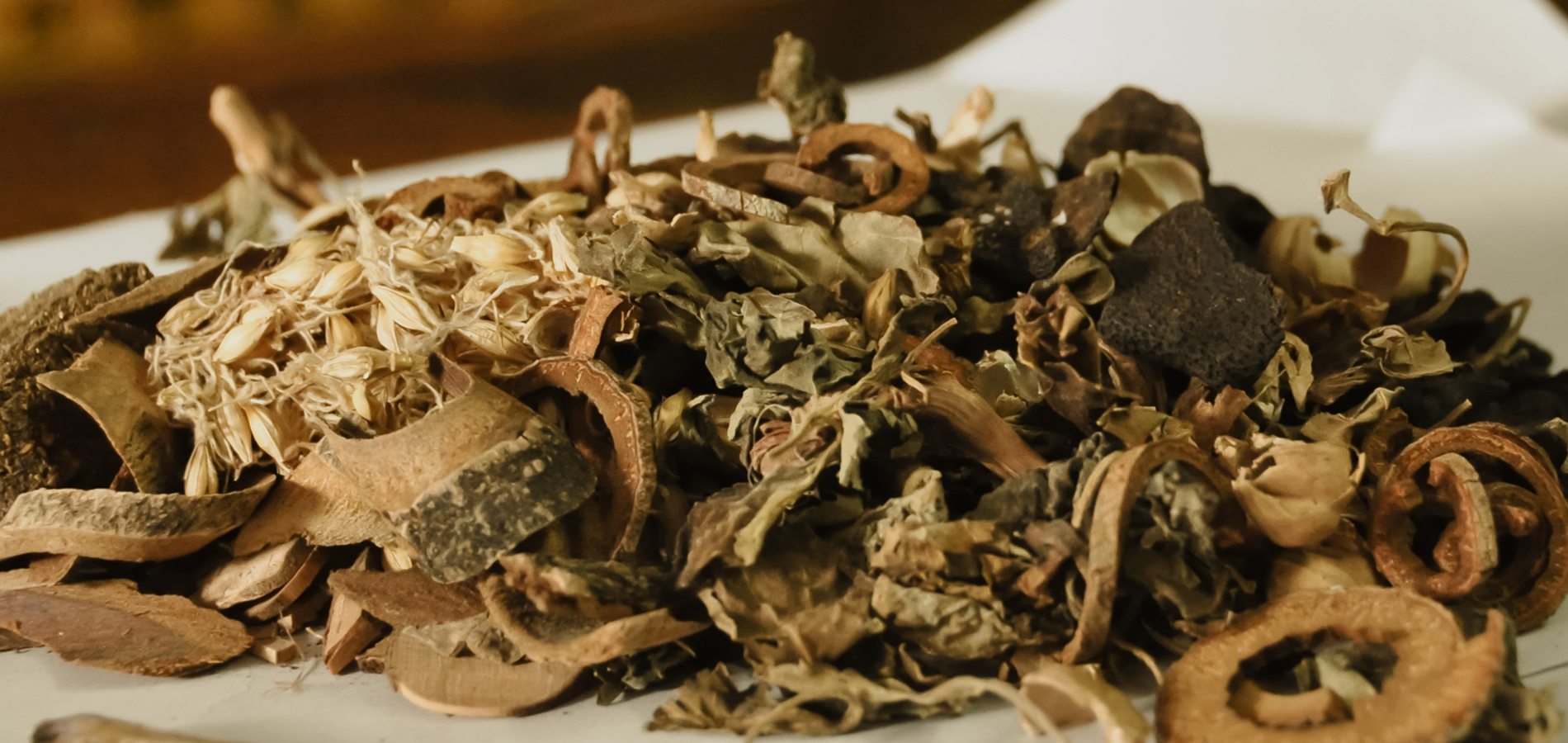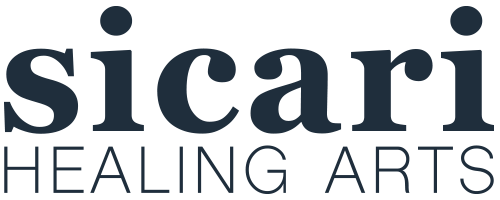
Chinese Herbs
Herbal treatment is one particularly powerful tool within traditional Chinese medicine; and like the other components – such as acupuncture, moxibustion, cupping, and gua sha – it uses the body’s innate capabilities in order to restore function and ease.
Herbal medicine goes deeper than merely alleviating a set of symptoms, it treats the organic cause behind any condition. The character for herbal medicine in Chinese alludes to music. This points to the way that each herb interacts with our bodies: sounding a note that reverberates and reminds the body of a function it may have forgotten.
Some herbs remind the body of restoring qi, returning strength and substance. Others are invigorating, encouraging more movement, release or detoxification. Others have more specific functions still. Chinese herbal medicine is poly-pharmacy, which means that every formula has multiple herbs in it, with as few as three and as many as twenty or more. The herbs interact with each other synergistically, and then with one’s body, to achieve the desired effect. As such, it is most effective when practiced individually, with custom formulas tailored to each patient’s individual needs.
Training and Certifications
Herbal medicines are very powerful, qualified practitioners must undergo years of training to apply proper care and caution in making treatment recommendations. The Western medical community has very little awareness of herbal medicine. Unfortunately, herbal medicines aren’t closely regulated medical community and doctors often don’t understand how they work, which means that finding a trained and certified practitioner is especially important
Certified Chinese Herb Consultant
When taking Chinese herb prescriptions, make sure your practitioner holds a Masters of Oriental Medicine. Laura received her training and certifications from Maryland University of Integrative Health, formerly Tai Sophia Institute.

